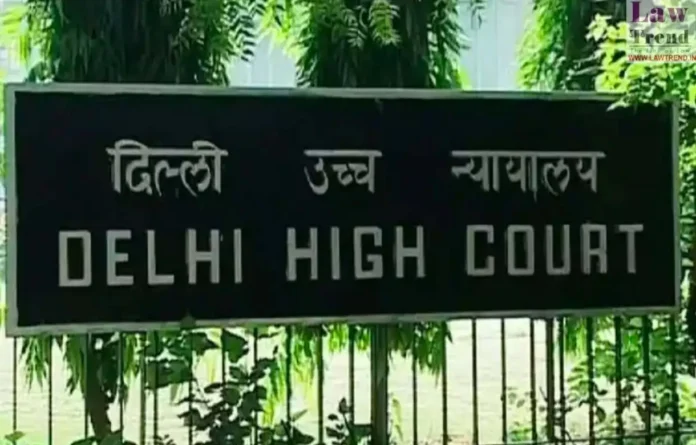The Delhi High Court has called for a thorough investigation into the alleged murder of a sewadar at Kalkaji Temple, instructing the Delhi Police to ensure that the probe adheres strictly to established legal procedure. The directive came after a petition was filed by the brother of the deceased, supported by two eyewitnesses, who alleged that the incident occurred within the temple premises on the night of August 29 and that the police response so far has been inadequate and biased.
Justice Neena Bansal Krishna, while hearing the plea, ordered the Delhi Police to place on record a comprehensive status report regarding the incident. The matter has been scheduled for further consideration on September 19. The Court emphasized that the investigation must be carried out transparently and in accordance with the provisions of the Bharatiya Nyaya Sanhita, 2023, which has recently come into force.
The petitioners have raised serious concerns regarding the handling of the case by the local police. They contend that the authorities initially failed to provide a copy of the FIR to the family of the deceased, despite their repeated requests, thereby obstructing their right to participate in the legal process. The FIR that was eventually registered cites offences under Sections 103(1) and 3(5) of the Bharatiya Nyaya Sanhita, 2023, at Kalkaji Police Station. The family claims that the nature of the charges and the investigative steps taken thus far do not inspire confidence, particularly given the sensitivity of the case and the prominence of the temple.
One of the central allegations is that the police may be acting in concert with associates of the accused, raising fears of a compromised investigation. The eyewitnesses who supported the petition also expressed apprehension for their personal safety, alleging that they had been threatened both by individuals connected to the accused and by local law enforcement officers. They have asked that their statements be recorded before a judicial magistrate to safeguard them against coercion and tampering.
The petition has gone further, calling for the transfer of the probe to the Central Bureau of Investigation (CBI). It argues that the gravity of the offence, coupled with the public importance of maintaining law and order within temple premises, requires an impartial agency to take charge. The petitioners also requested deployment of Central Reserve Police Force (CRPF) personnel inside the Kalkaji Temple complex, asserting that only a neutral security presence can guarantee the safety of worshippers, witnesses, and volunteers associated with the temple.
Additionally, the plea highlights the urgent need to secure CCTV footage from the temple on the date of the incident, which the family believes will provide crucial evidence. They fear that in the absence of immediate court directions, vital digital records could be destroyed or tampered with, further undermining the integrity of the investigation.
The High Court’s intervention reflects its concern that the case not only involves an alleged murder but also raises questions about the accountability of the police force and the protection of due process. Justice Krishna’s order seeks to balance the immediate investigative needs with the broader principles of fairness, transparency, and public trust in law enforcement.
The developments come against the backdrop of increasing scrutiny over how crimes within religious and public institutions are investigated, with the Court making it clear that allegations of this magnitude cannot be brushed aside. The Court’s directive for a detailed status report signals that the investigation will remain under judicial oversight, with further steps likely to be considered once the matter returns to court later this month.


